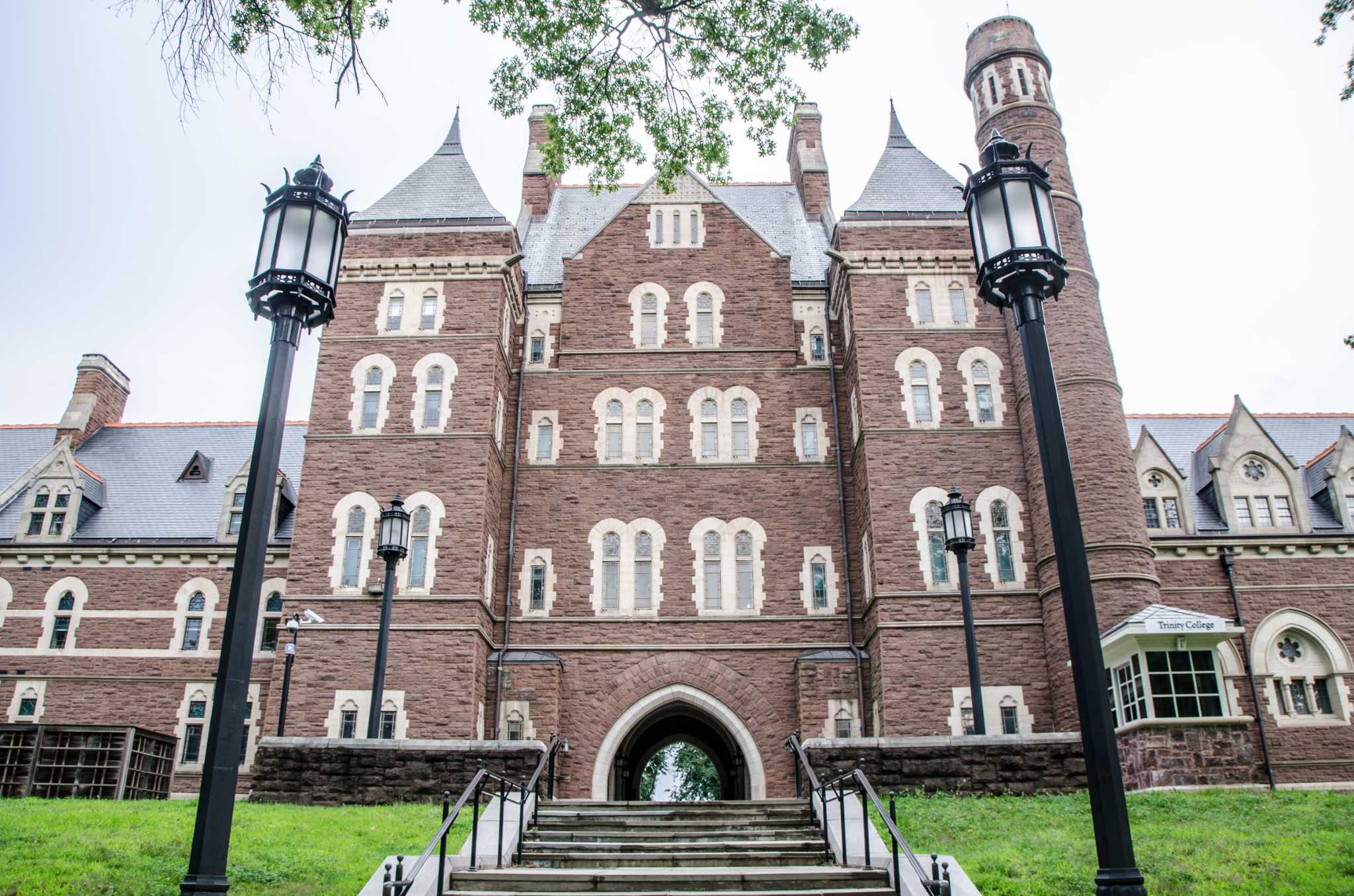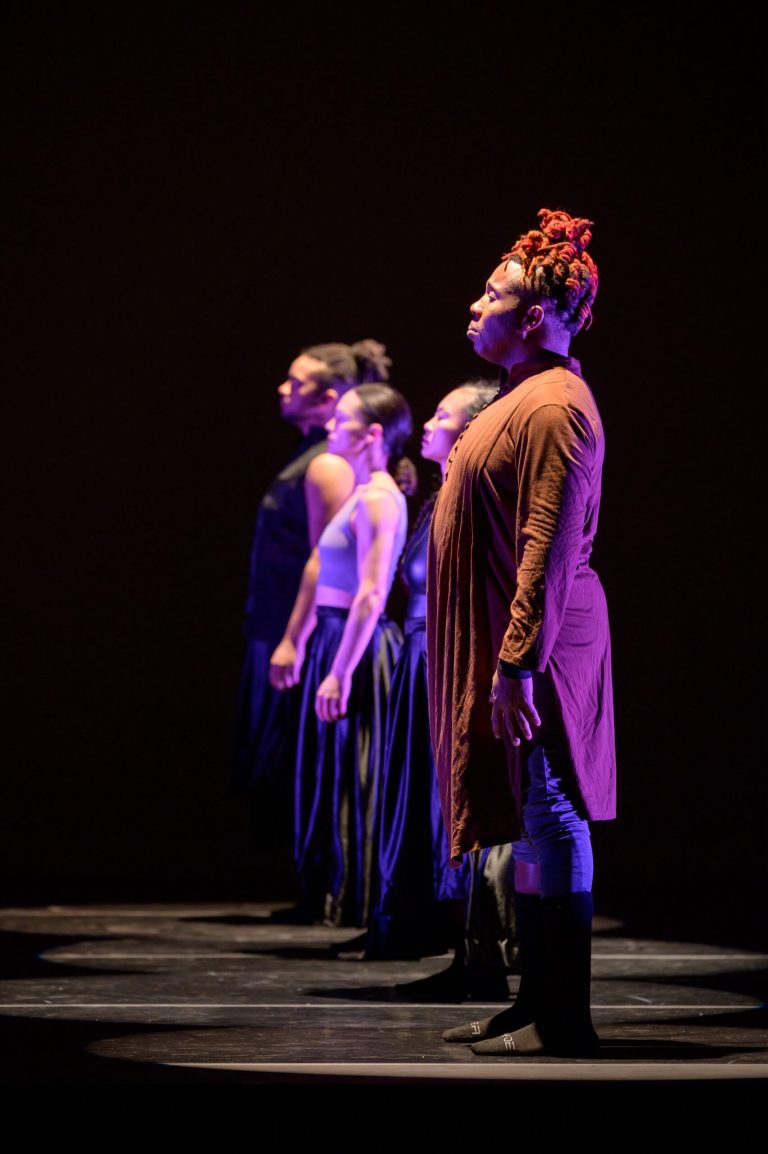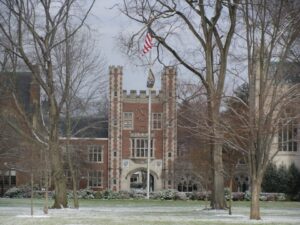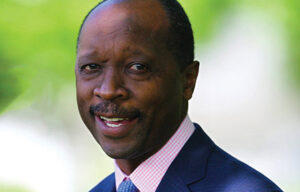Jack P. Carroll ’24
Managing Editor
The Trinity College faculty approved a motion allowing summer courses to be taught remotely, along with other measures, at a virtual faculty meeting on Tuesday, Nov. 9. The faculty were joined by Vice President for Student Success and Enrollment Management Joe DiChristina and Interim Dean of Admissions Terry Cowdrey who delivered a report on the admissions cycle for the Class of 2025.
The motion allowing faculty to offer summer courses remotely was introduced by Professor of English Sarah Bilston on behalf of the Curriculum Committee. The motion, which is slated to begin in 2022, is adopted for potential use only in the summer sessions and is not meant to be applied in the regular (fall/spring) academic semester. In addition, if hybrid/remote courses are offered, faculty are required to teach courses in a synchronous manner with a letter grade assessment and adhere to the engaged learning hour requirements associated with the credit amount offered.
“We’re trying to think of ways in which we can use what we’ve learned in the pandemic and benefit from that and increase opportunities both to students and for faculty,” said Bilston.
Responding to concerns about virtual classes taking away from social life on campus, Associate Dean of the Curriculum Mitchell Polin and Vice President for Academic Affairs and Dean of the Faculty Sonia Cardenas both agreed that students will not take a particular course online if that same course is offered in person. Cardenas also addressed faculty members who suggested the motion be piloted for a year and not take effect in perpetuity: “From an accrediting standpoint, nothing is in perpetuity. We’re supposed to be constantly evaluating and reevaluating what we do. And the Curriculum Committee should build into this like they have for the curriculum and other ongoing assessments.”
In addition, the motion provides faculty with control over the content of the course and how they assess students. It also upholds the authority of individual departments and programs in determining requirements for the completion of their own majors and minors. The motion was ultimately passed with 68 voting yes, 8 no, and 11 abstentions.
The faculty also approved unanimously to move the date of the Chair of the Board of Trustees’ annual address to faculty from April to October. The faculty postponed a vote on an amendment developed by the Curriculum Committee that proposes a MWF schedule which creates a 40-minute open period from 12:50pm-1:30pm. The motion was designed to support Friday prayer time for Trinity’s Muslim students.
Cowdrey and DiChristina began their presentation with an overview of admissions data from the class of 2025. They reported that this year’s freshman cohort includes 527 new first-year students and 21 transfer students; 29 students deferred their enrollment to a future term. In addition, 23% of these students are students of color (up one percent from Class of 2024), 12% are first generation college students (down four percent from Class of 2024), 26% are recruited athletes (down from 33 percent from Class of 2024), and 13% are international students (down two percent from Class of 2024). Furthermore, 49% of students are female and 51% are male; the number of Jewish students dropped to 17 from 24 last year.
The overall yield rate for the class of 2025 was 26%. Students with top academic ratings had a yield rate higher than the overall yield. The yield for middle income students (Expected Family Contribution: $40,000-$50,000) was at or above the overall yield of 26%.
Early Decision students comprised 42% of the class of 2025 which is down from 51% last year. “We’re proud to report that our early decision applications for next fall have rebounded and we’re running ahead of where we were a year ago at this time,” said Cowdrey when presenting this data.
Discussing Trinity’s recruitment efforts for the class of 2026, Cowdrey noted that a total of 1,502 students have visited campus since July 1 which includes information sessions, campus tours, and meetings with faculty and coaches. The College has also completed 566 high school visits in 27 states and DC; 52% of these visits were in person in 19 states and DC. In addition, Trinity has conducted 532 interviews with an additional 136 scheduled to date. Furthermore, the College has held 117 virtual programming events (information sessions, student spotlight, and College Decoded) since July 1 with 1,483 students in attendance.
After presenting Trinity’s fall 2022 enrollment goals, which includes the enrollment of 565 first-year students, Cowdrey addressed one faculty member’s concerns about the College’s ability to achieve its plans amidst turnover among staff in the admissions office. “I’m very optimistic about it. I think that yes, you’re right, there’s been some staff turnover, but I’ve been really impressed with the staff who have been hired,” said Cowdrey. “I do have a little bit of sort of this caution because I never saw the pandemic coming as it relates to our work,” she added.








+ There are no comments
Add yours